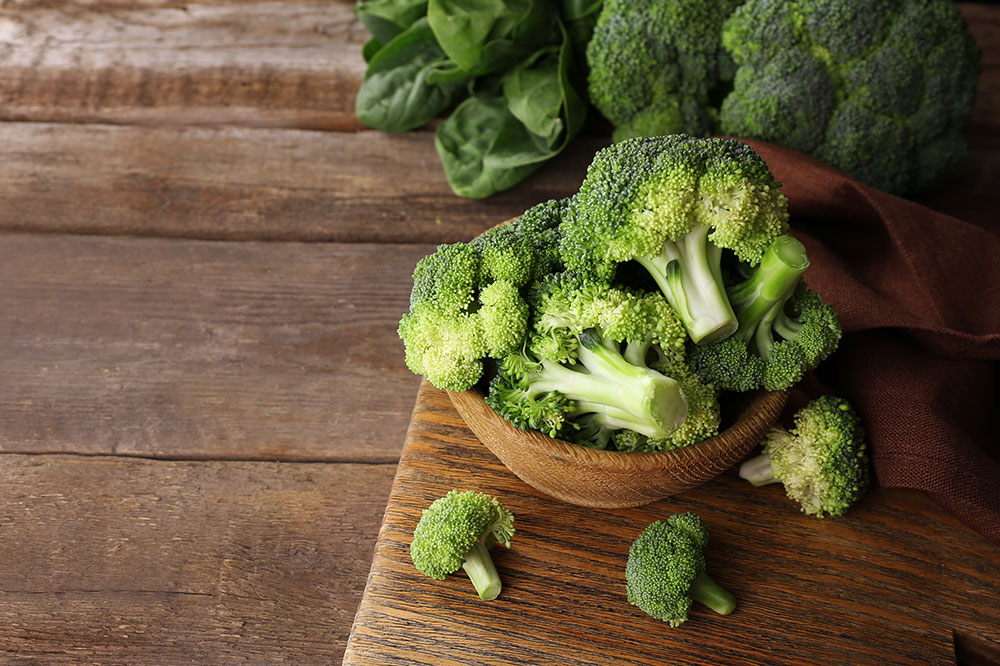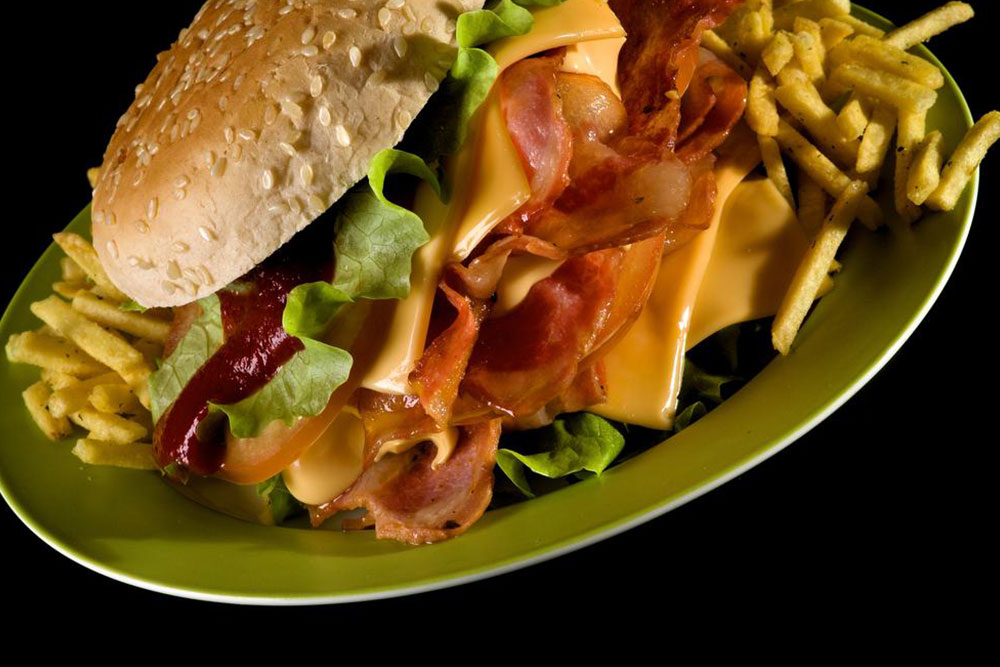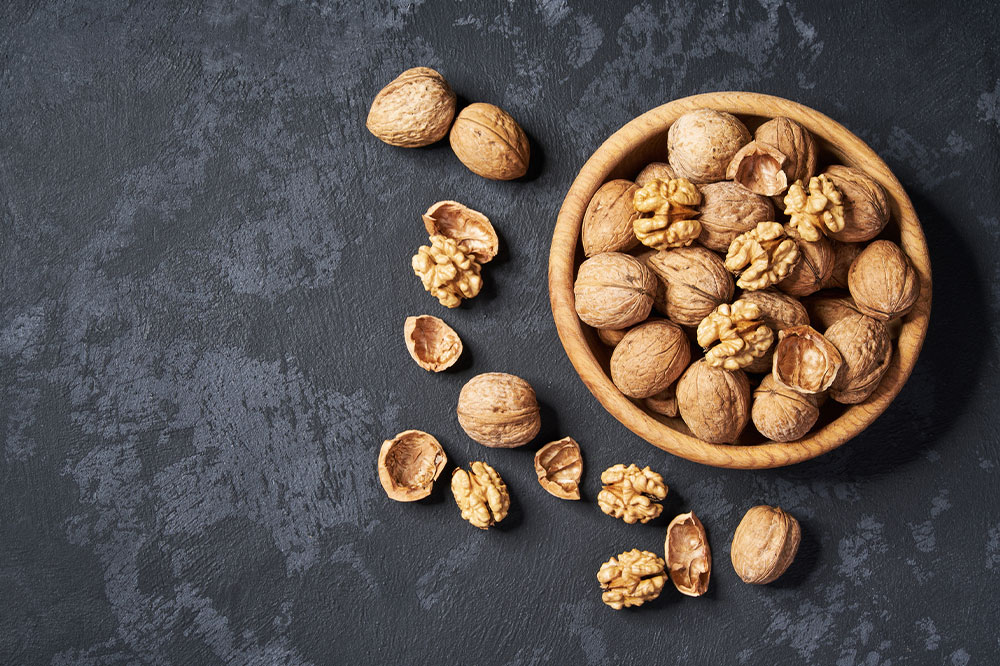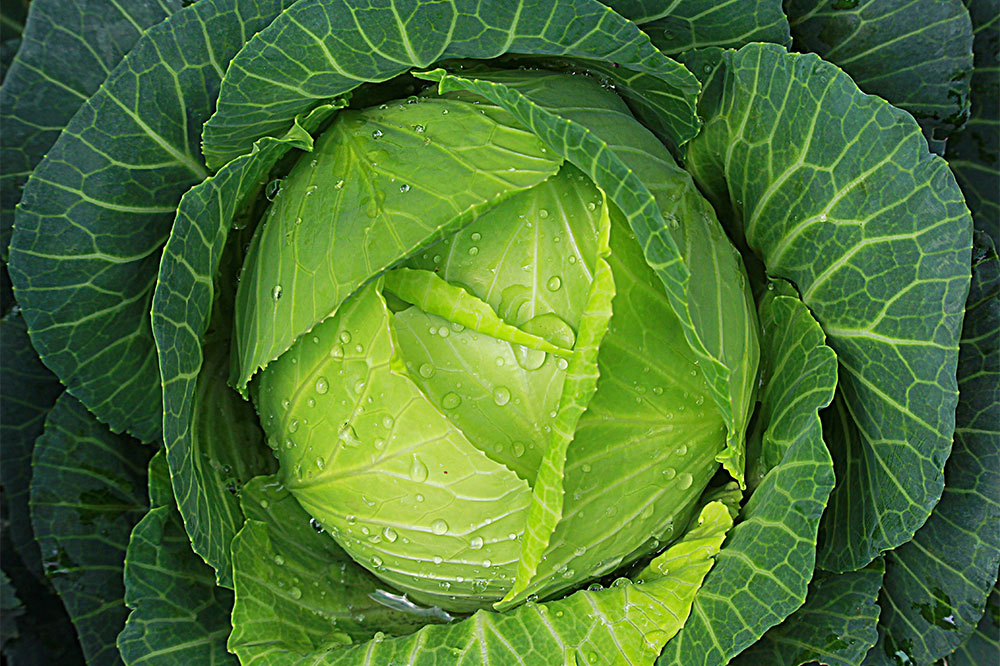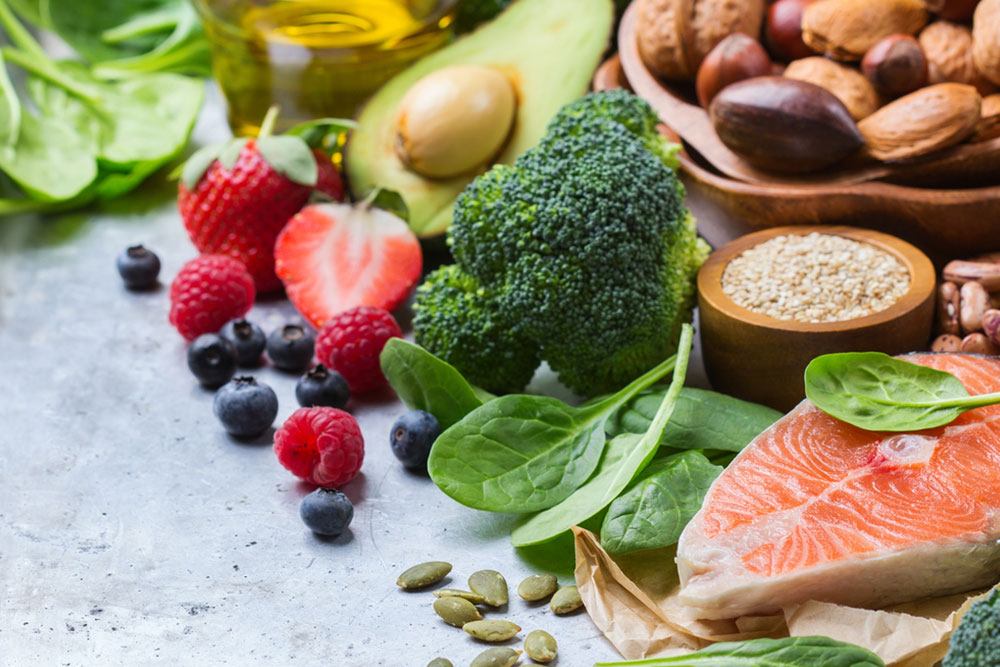Managing Excessive Sweating Through Diet: Foods to Embrace and Avoid
Learn how dietary choices can help manage excessive sweating caused by hyperhidrosis. Discover foods to include, such as water-rich fruits and healthy oils, and those to avoid like processed, fatty, and spicy foods. Consult healthcare professionals for personalized advice to effectively control symptoms and improve comfort in daily life.
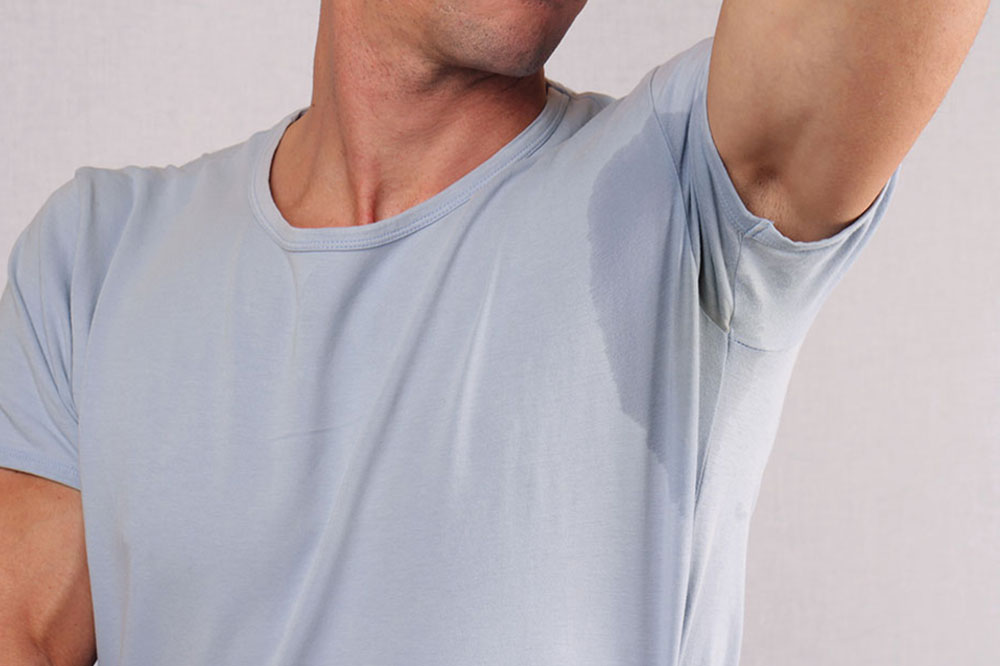
Managing Excessive Sweating Through Diet: Foods to Embrace and Avoid
Hyperhidrosis is a condition characterized by uncontrollable sweating, regardless of temperature or activity level. People with this issue may sweat through their clothes or have drips from their hands, leading to discomfort, especially in social situations. While medical treatments are available, adjusting your diet can also help control symptoms. Here are some foods to incorporate and those to steer clear of to reduce excessive sweating.
Foods to Include:
Foods high in water content
Incorporate fruits and vegetables like watermelon, grapes, eggplant, and cauliflower to keep your body cool and minimize sweating episodes. These foods help maintain hydration and regulate body temperature.
Olive oil
Cooking with olive oil supports healthy digestion and metabolism, which can prevent body temperature spikes that lead to sweating. It’s a smart choice for those managing hyperhidrosis.
Plenty of water
Staying well-hydrated is crucial. Drinking enough water helps lower body temperature, reducing the likelihood of excessive sweating. Keep a water bottle nearby during the day to stay refreshed.
Foods to Avoid:
Greasy and processed foods
Foods like fast food, chocolates, and white bread are harder to digest and can cause increased sweating due to metabolic stress.
Full-fat dairy products
Consuming high-fat milk can trigger sweating even during intake, as fatty foods tend to elevate body temperature. It's better to choose low-fat or alternatives.
Spicy foods
Spices stimulate sweat glands by tricking the body into perceiving heat, which triggers unnecessary sweating. Limiting spicy dishes can be beneficial.
Before altering your diet, consult a healthcare professional or a registered dietitian for personalized advice. Their expert guidance ensures safe and effective management of hyperhidrosis symptoms.

